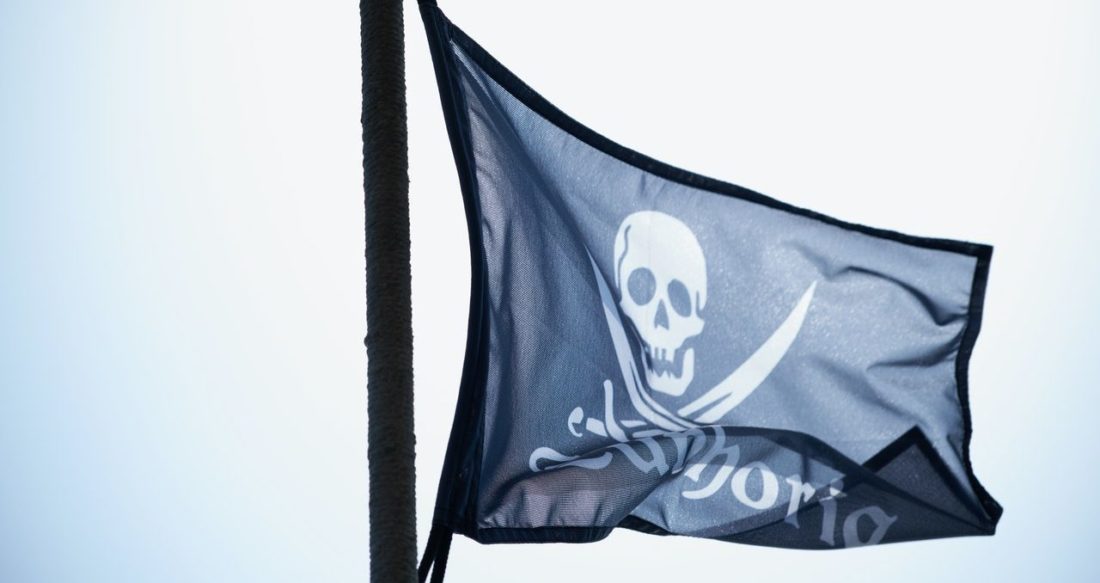M+E Connections

NAGRA: Video Game Sector’s Following the Path of Hollywood on Piracy
Story Highlights
NAGRA is increasingly seeing video game makers taking a page from the Hollywood playbook when it comes to securing pre-release content to keep it out of the hands of pirates, according to Ken Gerstein, VP of sales NAGRA Anti-Piracy at NAGRA.
It’s no secret that Hollywood studios have been fighting pirates for many years: from viewers sitting in movie theaters with camcorders videotaping entire films to be illegally sold on VHS and later DVD, to copies of films and segments of movies and trailers being distributed due to leaked screeners or even prints of the films themselves, and of course to the online pirates who access movies by hacking into Hollywood studios’ systems.
With the “boom for video gaming” that eventually led to that sector even eclipsing the revenue from Hollywood films, video games became prime targets of pirates also, Gerstein told MESA during a phone interview.
Game companies have been dealing with content and service piracy for some time and already established approaches to mitigate the threat, including a proactive and comprehensive security framework.
Solutions used in the movie sector are portable to the game industry, which can benefit from their accelerated introduction, according to NAGRA.
NAGRA’s anti-piracy solutions had been focused on security for Hollywood films but, at the end of 2019, the first game company approached NAGRA requesting its watermarking services, Gerstein said.
Since then, game piracy started to “accelerate” for at least some industry players, he said, noting NAGRA has seen requests for its watermarking services from a growing number of game makers. NAGRA now has 5-6 clients from the video game sector. He declined to name them but said they included studios among the top 10 revenue generators.
Video games still account for a relatively small segment of NAGRA’s business but the percentage has been growing, he said.
Most of the game piracy against NAGRA’s game industry clients so far have been leaks of its trailers and not entire games, he pointed out. But that can be costly for game makers also, he said, noting that fan groups and others have taken to the Internet to criticize games based on the trailers, during the period in which the companies are trying to market those titles.
Since the pandemic started, a growing number of companies in the space have seen an increasing number of leaks internally as a result of so many people shifting to remote work, he told MESA.
Gerstein didn’t have recent game industry piracy data available.
But one recent example of the type of pirates that the video game industry faces is Gary Bowser, a Canadian who lived in Santo Domingo, Dominican Republic, who was arrested in September 2020 and deported to face charges in Seattle, Washington, the Associated Press reported in February. U.S. authorities said he was involved in a sophisticated international video game piracy group called Team Xecutor, according to the report, which said he was sentenced to more than three years in prison after pleading guilty last year to felonies related to conspiracy and trafficking in “circumvention devices.”









